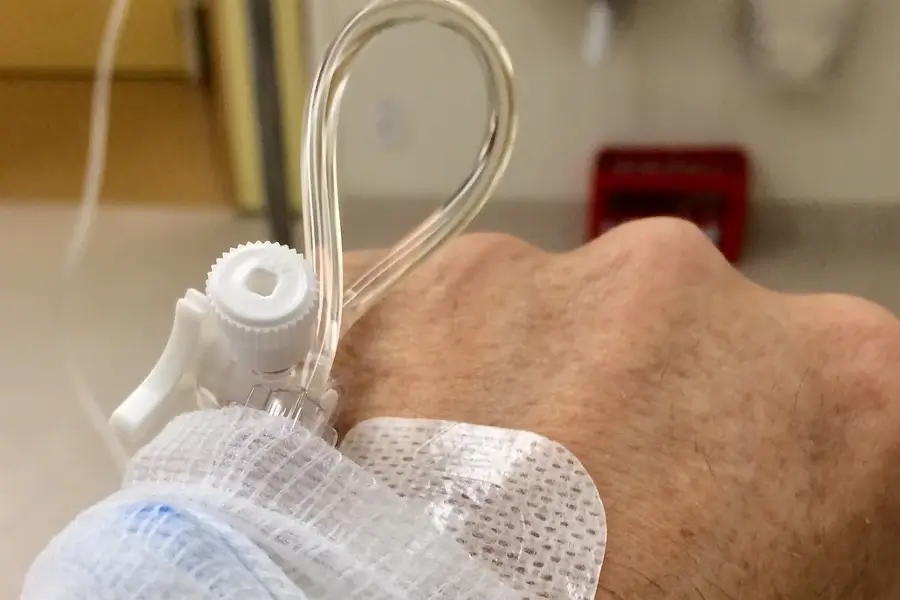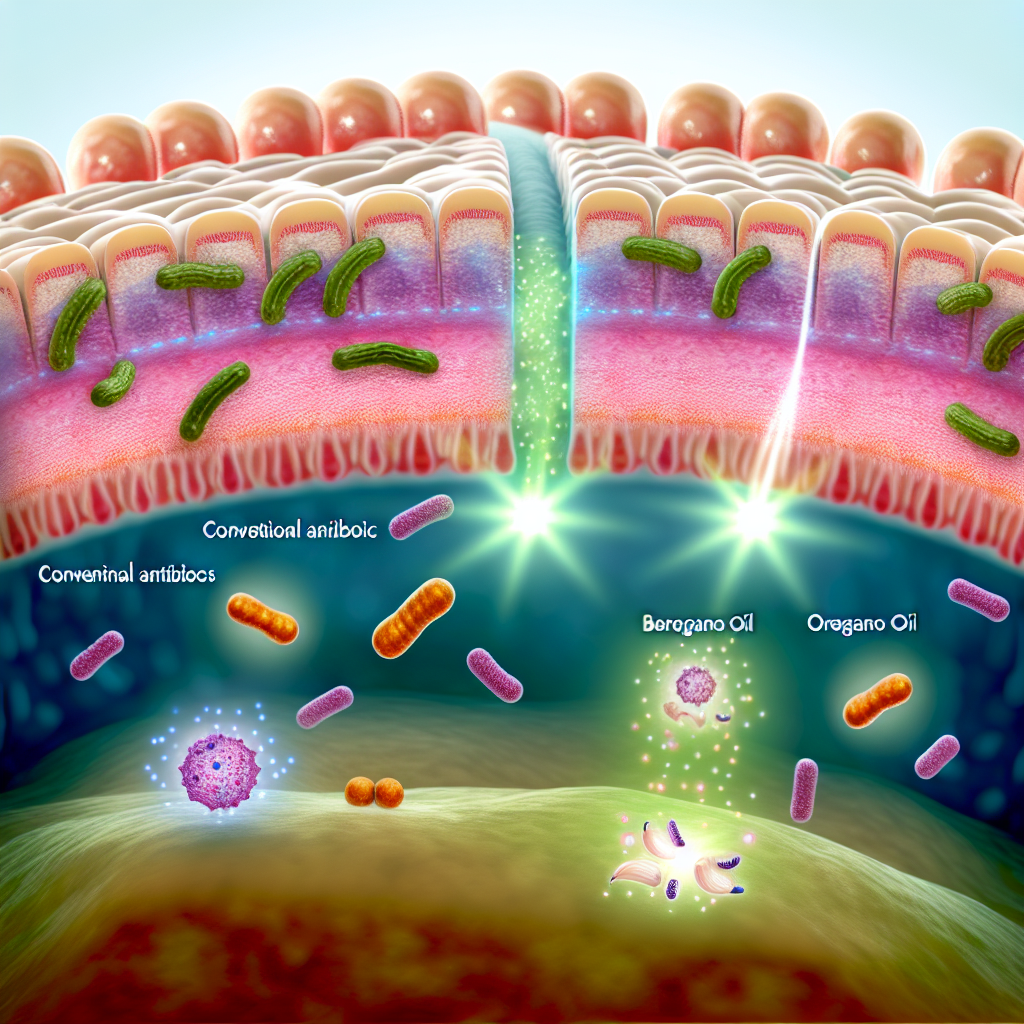Considerable advancements have been achieved in enhancing the diagnosis and treatment of stomach cancer. However, further improvements are possible. Below is an analysis of the current situation and areas of improvement that show potential:
Enhanced Diagnostic Methods:
Early detection is essential for effective treatment. Diagnostic procedures such as upper endoscopy with biopsy and stool tests for occult blood are becoming increasingly sophisticated and readily available.
Advanced imaging modalities such as CT, PET, and endoscopic ultrasonography are increasingly refined, enabling more accurate tumor characterization, staging, and treatment planning.
Biomarkers: Discovering distinct biomarkers in blood or tissue samples has the potential to noninvasively and early detect stomach cancer.
Recent Developments in Treatment:
Minimally invasive surgery: Such as laparoscopic and robotic surgeries, is increasingly common for treating stomach cancer. These procedures provide quicker recovery periods and perhaps reduced pain levels.
Personalized therapy: Therapies that are tailored to the individual genetic characteristics of the tumor are now being developed, providing more accurate and specific treatment choices.
Combination therapies: Which integrate surgery with chemotherapy, radiation therapy, or immunotherapy, have become the prevailing method in medical practice. This strategy has enhanced survival rates.
Immunotherapy medications, which enhance the immune system’s ability to combat cancer cells.
Immunotherapy medications, which enhance the immune system’s ability to combat cancer cells, are demonstrating potential as a treatment alternative for certain individuals with stomach cancer.
Prospective fields of study:
Early identification and risk assessment: Identifying individuals at high risk and developing noninvasive screening techniques for early detection are essential areas of research.
Exploration is underway to further develop minimally invasive surgical procedures and ablation therapy for localized malignancies.
In recent years, the area of oncology has made significant progress in creating targeted medicines designed to specifically target and treat cancer.
These innovative therapies target the fundamental genetic and molecular causes of cancer, offering a tailored and efficient approach in contrast to conventional, wide-ranging chemotherapies.
Treatments targeting these distinct molecular characteristics, allowing them to efficiently eradicate cancerous cells while minimizing damage to normal organs.
An important focus of research in this field is the advancement of precise and specialized treatments. Scientists are investigating the precise genetic abnormalities and signaling pathways essential for the proliferation and viability of different cancer cell types.
Scientists can develop treatments targeting these distinct molecular characteristics, allowing them to efficiently eradicate cancerous cells while minimizing damage to normal organs.
This technique has numerous benefits compared to traditional therapies. Firstly, by specifically focusing on a tumor’s distinct attributes, these medicines can be more efficacious in managing and potentially eliminating the disease.
Minimize harm to healthy cells and decrease the overall toxicity commonly associated with conventional chemotherapy.
Furthermore, these treatments are characterized by a more advantageous side-effect profile, as they are specifically engineered to minimize harm to healthy cells and decrease the overall toxicity commonly associated with conventional chemotherapy.
The advancement of complex targeted medicines is a multidimensional procedure integrating state-of-the-art genomic research, intricate drug design, and rigorous clinical testing.
Scientists are using modern methods, such as next-generation sequencing, to understand the intricate genetic makeup of different types of cancer. This knowledge is then utilized to discover new therapeutic targets and direct the creation of extremely targeted and powerful drug candidates.
Moreover, cutting-edge technology, such as artificial intelligence and machine learning, has expedited the identification and refining of tailored medicines.
Ongoing development of new targeted medicines, doctors and researchers are optimistic about the potential of these individualized methods.
These techniques facilitate the simulation of interactions between potential medications and their molecular targets, allowing for the efficient screening and improvement of drug candidates.
With the ongoing development of new targeted medicines, doctors and researchers are optimistic about the potential of these individualized methods to revolutionize the management and treatment of different forms of cancer.
Through the utilization of precision medicine, the future offers the potential for cancer treatments that are more efficient, less harmful, and genuinely revolutionary.
Current research aims to maximize the therapeutic combinations of surgery, chemotherapy, radiation therapy, and immunotherapy for various stages and kinds of stomach cancer.
The prognosis for stomach cancer is improving. Advancements in early detection, less intrusive therapies, and tailored approaches improve results. Nevertheless, ongoing research is crucial to enhancing the accuracy of diagnosis, the effectiveness of treatment, and overall survival rates.

Dominic E. is a passionate filmmaker navigating the exciting intersection of art and science. By day, he delves into the complexities of the human body as a full-time medical writer, meticulously translating intricate medical concepts into accessible and engaging narratives. By night, he explores the boundless realm of cinematic storytelling, crafting narratives that evoke emotion and challenge perspectives.
Film Student and Full-time Medical Writer for ContentVendor.com




